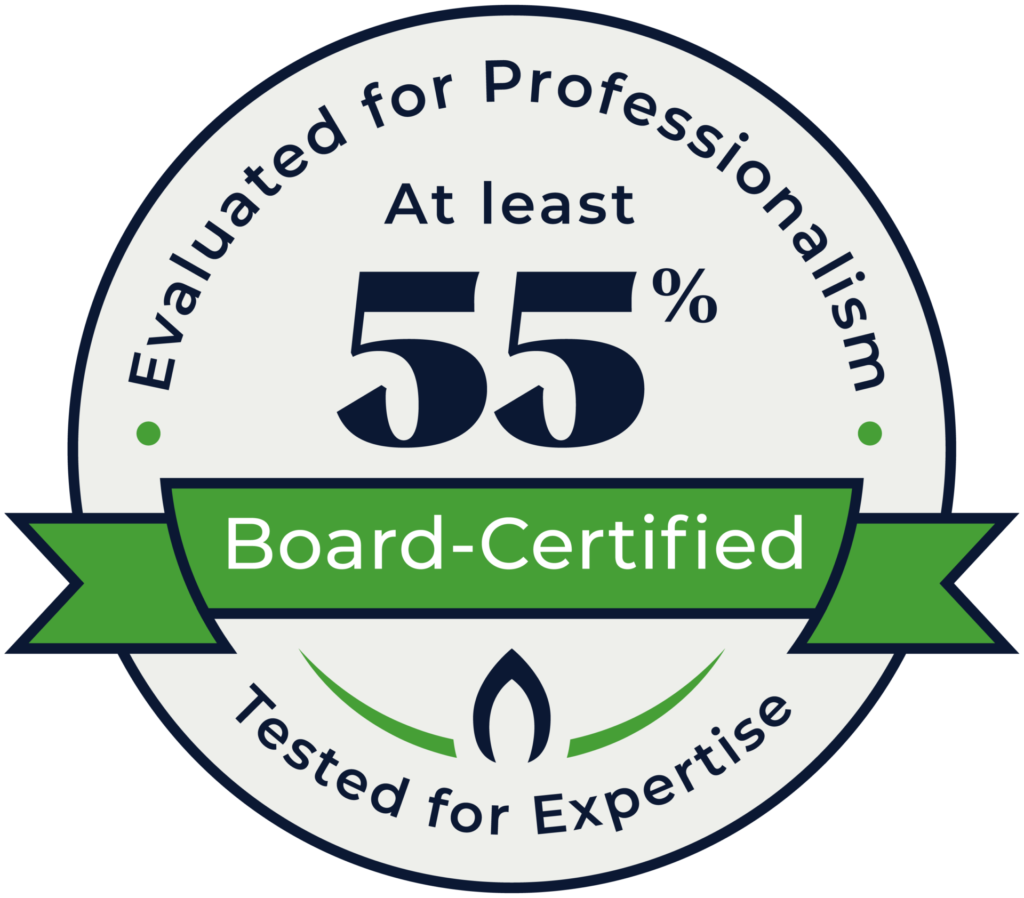If you’ve been injured on the job in Florida, your doctor may clear you for “light duty work” before you’re fully recovered. This common practice raises questions for injured workers about how these modified work restrictions in Florida affect their workers’ compensation benefits and legal rights.
What Counts as Light Duty Work in Florida
Light duty work means temporary, modified job assignments that accommodate your medical restrictions during recovery.
Common examples include:
- Reduced hours or part-time schedules
- Seated work instead of standing
- No heavy lifting or carrying
- Limited bending, reaching, or climbing
- Different job responsibilities
Your doctor will specify your restrictions in writing – always keep copies for your records.
Your Employer’s Responsibilities with Light Duty
Florida employers are not required by law to offer light duty work. However, many do so to help injured employees stay productive during recovery and ease the transition back to full duty.
If offered, your employer must:
- Honor your medical restrictions: The duties must match your doctor’s restrictions.
- Pay according to the position: If the light duty job pays less, you may be eligible for TPD benefits.
- Provide clear restrictions: You should know exactly what is expected in the modified role.
How Light Duty Work Affects Your Workers’ Compensation Benefits
Being on light duty can change your benefits, especially if you earn less than before.
If you can’t perform the light duty job offered or your employer won’t accommodate your restrictions you may be eligible to continue receiving Temporary Partial Disability (TPD) benefits.
Being placed on light duty does not automatically mean you’ll lose benefits – but it can change what you’re entitled to. The most common change involves Temporary Partial Disability (TPD) benefits, which are designed to help make up for the difference if you’re earning less than before your injury.
What are Temporary Partial Disability (TPD) Benefits?
You may qualify for TPD benefits if your light duty wages are less than 80% of your pre-injury average weekly wage. These benefits are meant to cover part of the difference.
How it’s calculated:
- Start with 80% of your pre-injury wages
- Subtract your current earnings
- You receive 80% of that difference in weekly TPD payments
Example: Let’s say you earned $1,000/week before your injury. Now you earn $600/week doing light duty.
- 80% of $1,000 = $800
- $800 – $600 = $200
- 80% of $200 = $160 in TPD benefits
- Your total weekly income = $600 in wages + $160 in TPD = $760
When Light Duty Goes Wrong
We often see these problems in Florida workspaces:
- Employers ignoring restrictions
- Inadequate training for new duties
- Gradually increased demands beyond restrictions
- Miscalculated TPD benefits
Protecting Your Rights During Light Duty Work
To protect yourself:
- Get restrictions in writing from your doctor
- Keep records of all communications and tasks performed
- Attend all medical appointments
- Save all paperwork, including job offers, pay stubs, and communications with your employer
How Touby, Chait & Sicking, PL Can Help with Light Duty Work Issues
Our experienced Florida workers’ compensation attorneys can:
- Review your light duty job to ensure it follows your restrictions
- Calculate the correct TPD benefits you should receive
- Communicate with insurance adjusters for you
- File petitions if benefits are due – and if the insurance company refuses to pay properly, we are prepared to take your case to trial
- Coordinate your medical care with authorized providers
Questions About Your Light Duty Work in Florida?
If you’re facing light duty problems or worried about your benefits, don’t go at it alone. Touby, Chait & Sicking, PL is here to help you understand your rights and get the benefits you deserve.












